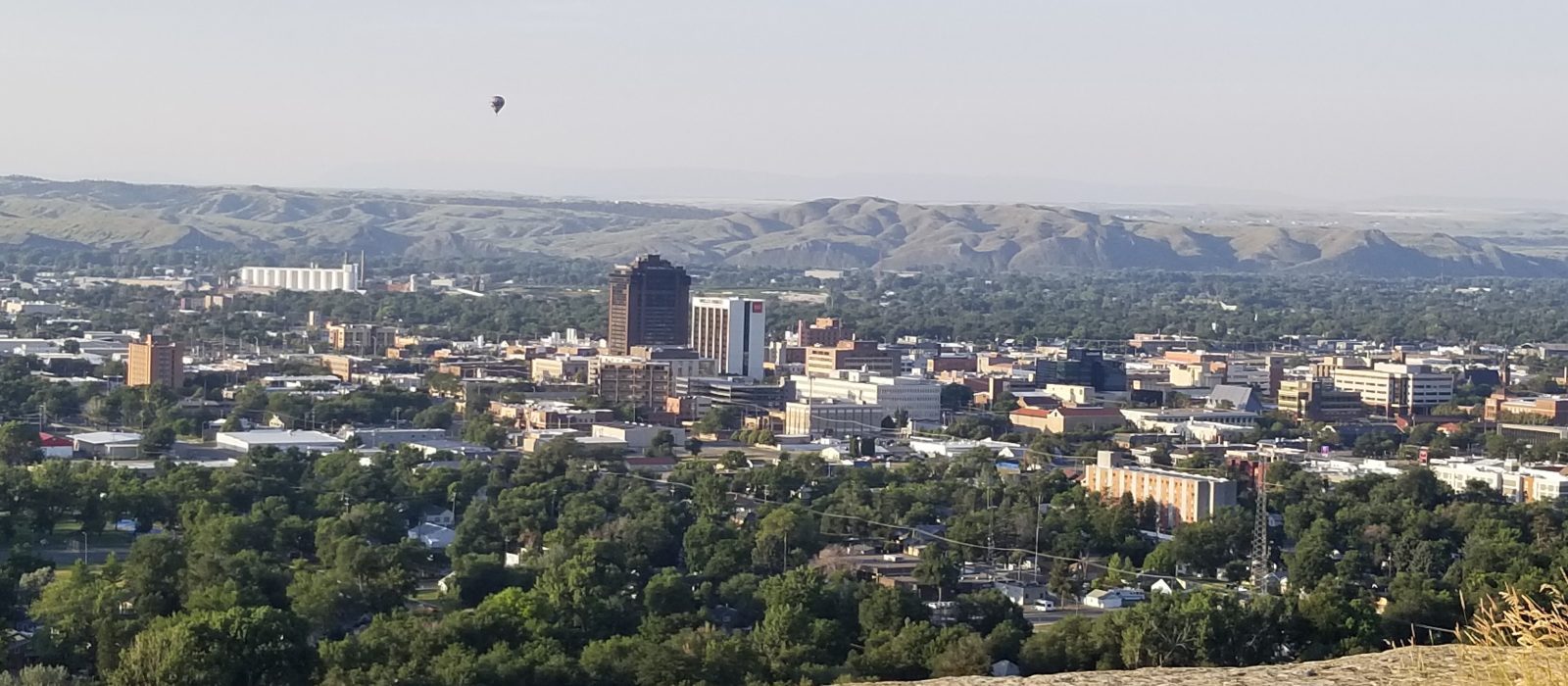Domestic violence, also known as intimate partner violence (IPV), is an alarming and pervasive issue affecting the lives of approximately 20 individuals every minute in the United States, as reported by the National Coalition Against Domestic Violence. This staggering statistic underscores the urgent need for innovative solutions to address the complex challenges faced by survivors.
In response to this pressing need, a dynamic team of advocates and community leaders, including Police Department Investigator Katie Nash, Billings YWCA CEO Erin Lambert, and AmeriCorps member Ellie Stanton, has taken a proactive stance. Together with a coalition of dedicated collaborators, they are spearheading efforts to establish Montana’s groundbreaking Family Justice Center (FJC), a visionary initiative designed to revolutionize the support system for survivors of domestic violence and their families.
Family Justice Centers (FJCs) represent a paradigm shift in the approach to addressing domestic violence. These comprehensive service hubs serve as focal points for integrating government and community-based agencies. Operating under the guidance of a multi-disciplinary team of professionals, FJCs provide wraparound services that cater to the diverse needs of victims and survivors of domestic violence, elder abuse, and their children. The origins of the FJC model trace back to 2002 in San Diego, where it was initially implemented and has since gained traction, with 130 cities across the U.S. adopting this transformative approach.
The documented success of FJCs is a testament to their impact on communities. These centers have consistently demonstrated reduced homicides, increased survivor safety and empowerment, decreased fear and anxiety, enhanced efficiency among service providers, and minimized recantation by survivors who receive comprehensive support.
Beyond the immediate benefits, FJCs serve as crucial platforms for collaboration among various agencies to address the civil legal issues faced by survivors. This aspect is particularly significant for individuals seeking legal assistance for matters such as divorce, parenting plans, or civil orders of protection. Recent data from the 2022 Justice Gap Measurement Survey highlights the prevalence of civil legal problems among domestic violence survivors, indicating that a significant percentage of individuals do not seek help for these challenges.
The consequences of unaddressed civil legal problems are profound, extending to hindered access to safe housing, economic opportunities, education, and employment. FJCs, therefore, emerge as pivotal players in enhancing access to justice for individuals and families impacted by domestic violence, sexual assault, child abuse, and related crimes. Through the implementation of this innovative model, Billings is taking proactive steps to address the multifaceted challenges faced by survivors, fostering a community that is dedicated to breaking free from cycles of violence and creating a safer, more supportive environment for all.
How to Get Involved
The Billings Family Justice Center has gained community-wide, bipartisan support. If you’re interested in getting involved, please reach out to AmeriCorps VISTA Ellie Stanton at stantone@billingsmt.gov.

